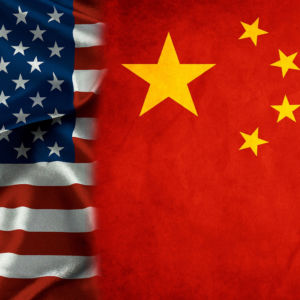Price controls may seem like an obvious and easy solution to our economic problems, but those who understand their long-term effects know better. To say price controls will solve the hardships of working-class Americans is like trying to cure a headache with a Band-Aid. Here’s why. In the early 2000s, Venezuela was plagued by poverty. […]
Tag: communism
Posted inPolitics


